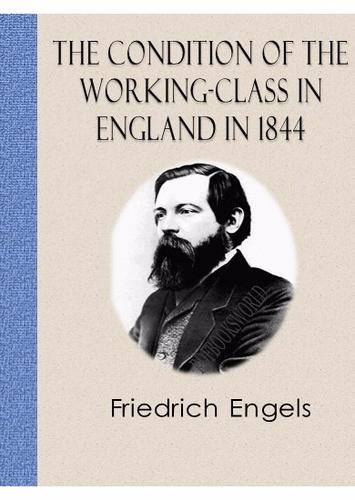

Here are a few highlights from local CPUSA clubs and districts. workers in Chicago, waged one year earlier and met with bloody repression in Haymarket Square.Īll around the world, Communist Parties participated with this years’ May Day celebrations, and the CPUSA was no exception. The holiday was established in 1889 by the Second International in recognition of the struggle for the 8-hour workday by U.S. Lenin later built on the formula, saying, “Workers and oppressed peoples of the world unite!” adding to the centrality of the class struggle, the struggle for democracy.įew holidays capture the spirit of this internationalist working-class slogan like May Day. This volume is reissued from the English edition of 1892, which was translated by noted social activist Florence Kelley Wischnewetzky (1859–1932).Marx and Engels wrote in the Communist Manifesto that “of all the classes that stand face to face with the bourgeoisie today, the proletariat alone is a really revolutionary class,” leading them to famously end: “the proletarians have nothing to lose but their chains. Extensively researched and written with sympathy for the working class, this volume is one Engels' best known works and remains a vivid portrait of contemporary urban England.

Engels' highly detailed descriptions of urban conditions and contrasts between the different classes in Manchester were informed from both his own observations and his contacts with local labour activists and Chartists.

This volume, first published in German in 1845, contains his classic and highly influential account of working-class life in Manchester at the height of its industrial supremacy. In 1842 Engels was sent to Manchester to oversee his father's textile business, and he lived in the city until 1844. Description Product filter button Descriptionįrederich Engels (1820–1895) was a German businessman and political theorist renowned as one of the intellectual founders of communism.


 0 kommentar(er)
0 kommentar(er)
